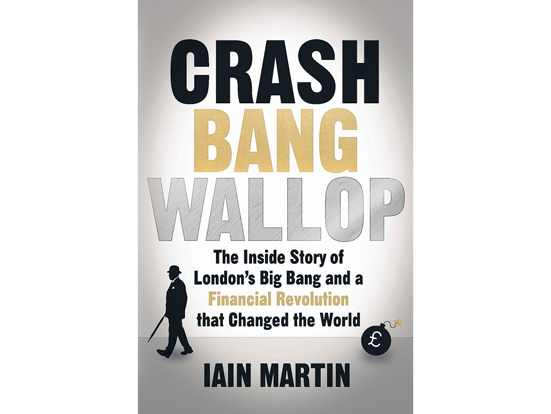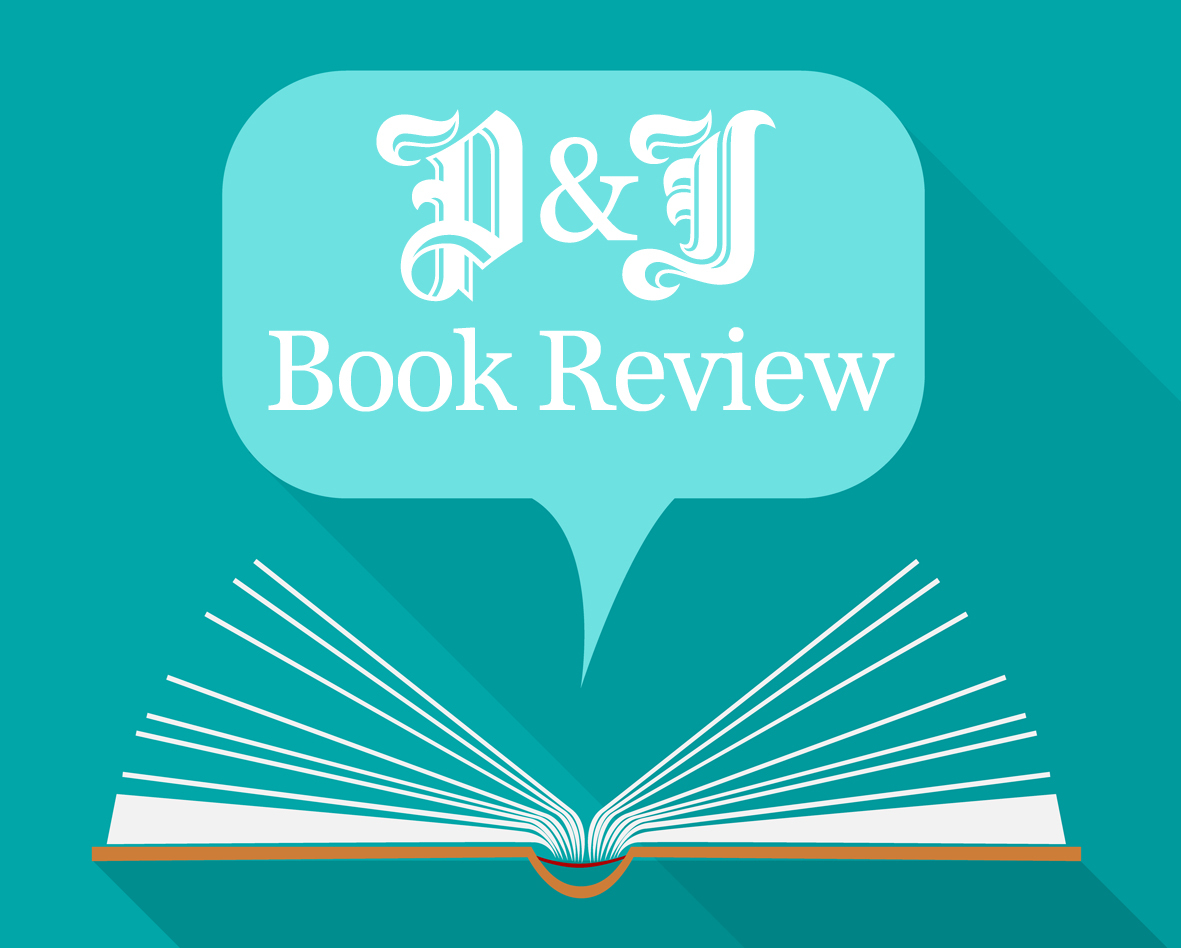Thirty years on the Big Bang of 1986 is still a widely misunderstood and controversial issue. To its critics, it epitomised everything which was wrong with the get-rich-quick, greedy culture of the era.

To its advocates, it smashed an old boys’ network and allowed many who never thought they would make much money to do so.
Iain Martin attempts to address many misconceptions in his book, Crash Bang Wallop – The Inside Story of London’s Big Bang and a Financial Revolution Changed the World. He charts the history of the City and begins with Thomas Gresham – who is believed to be the first ever currency speculator.
In the 1550s he hoarded the pound to make it worth more to inflate away the debts of the monarch. Centuries of progress are brought to a halt by World War I – described as the worst event in the history of the City.
As the 1970s approach we see London before Big Bang took place – with one Swiss banker unimpressed as the food is inedible and the streets are full of potholes.
In 1986 it all unfolds – the Single European Act reduces barriers to trade across Europe and the Financial Services Act overhauls regulation in the City and the banks.
Some 30 years later, Martin concludes this eroded the idea of loyalty between the generations. People in charge began to send a message that all that mattered was the here and now.
However, as a former treasurer of the World Bank, Gene Rotberg says it also led to a transformation of economic prospects across the world for the better.
The problem of writing recent history can be that current events can overtake you and Britain’s decision to leave the European Union surely overtook this one.
The future of the City has been cast into doubt by this, but Martin predicts: “There is no reason to think that the next 30 years after Brexit and digital disruption will be any less eventful. All that one can say is: the City will survive, and prosper. It usually does.”
Published by Sceptre
